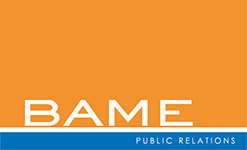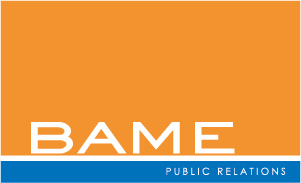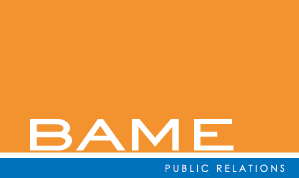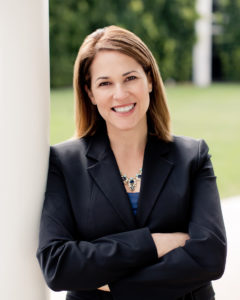Why Brent Lang at Variety Won’t Open Your Email
My CPRE (Continuing PR Education) involves reading numerous news sites, industry blogs and trade newsletters as well as following influencers via social media to gain knowledge about PR trends such as content creation, distributing it through social media and rethinking strategies for measuring our successes. But, the one constant of what we do is media relations and it remains one of the most important aspects of the practice of public relations.
I reached out to Brent Lang, a senior film and media reporter at Variety Magazine to talk about his experience working with PR pros. In this Q&A, Brent gives us insights into why he won’t open your emails, what makes a good source, preparing for an interview and gossip v. fact-based stories.
CB: You must received hundred of story ideas a day. Which ones stand out to you and what details are in that pitch that gets your attention?
BL: I have to admit I don’t write many stories off of cold pitches. Usually, I have to have a relationship with a publicist before I really read a pitch, because so many of the pitches I receive have nothing to do with what I cover. I’m mostly likely receiving a note that is being sent to dozens of journalists. But PR people I talk to frequently know the kinds of stories I like and what I’m not interested in writing about. They work quickly. They’re responsive. They’re helpful without being overly aggressive.
CB: Who are your best sources and why?
BL: Most of my best sources are studio executives and producers. They’re people who think analytically about the media business and they’re able to look beyond the daily grind of who’s up and who’s down to see the big picture. Yes, they have an agenda. We all do. But they offer perspectives that are unique and deeply informed.
CB: Do you find that most of your sources come prepared to an interview? What tips can you offer PR professionals to help prepare their clients?
BL They definitely know the kinds of questions that I will be asking. I usually give publicists a few broad details about my piece. However, the best interviews unfold more like a conversation. They don’t necessarily end up in a preordained destination.
CB: What are the top reasons a source or PR professional has broken your trust?
A. I’ve had sources or PR people leak information to rivals after I’ve gone to them to get a comment or get confirmation. That’s a big red flag to me. It means they can’t be trusted. I’ve also had sources and publicists lie to me. That’s upsetting. I respect it when people say they can’t answer a question. I hate it when they lie. It’s a very hard thing to earn a person’s trust back.
CB: Do you find that since you cover the entertainment industry that it is more challenging to get people to go on the record?
BL: It’s one of my great frustrations. People are perfectly happy, even eager, to bash people or dish about something when their name isn’t attached to it, but they clam up when they know it’s on the record. In some cases, I do use anonymous sourcing. I wish I didn’t have to, but those stories are often more illuminating than the ones where everyone is on the record.
APR 20
CB:It seems that the entertainment industry media has a fascination with gossip. How do you distinguish between gossip and fact?
BL: I don’t really think about it in those terms. My job is to report on what is truthful. Period. I find that “gossip” is a term that publicists will throw in your face when they don’t want you to print something.
CB: Anything else to add?
BL: Just don’t take it personally if I don’t respond to an email. We all get so many that I often miss them, so don’t be afraid to send a follow up note. I don’t mind. Really.




